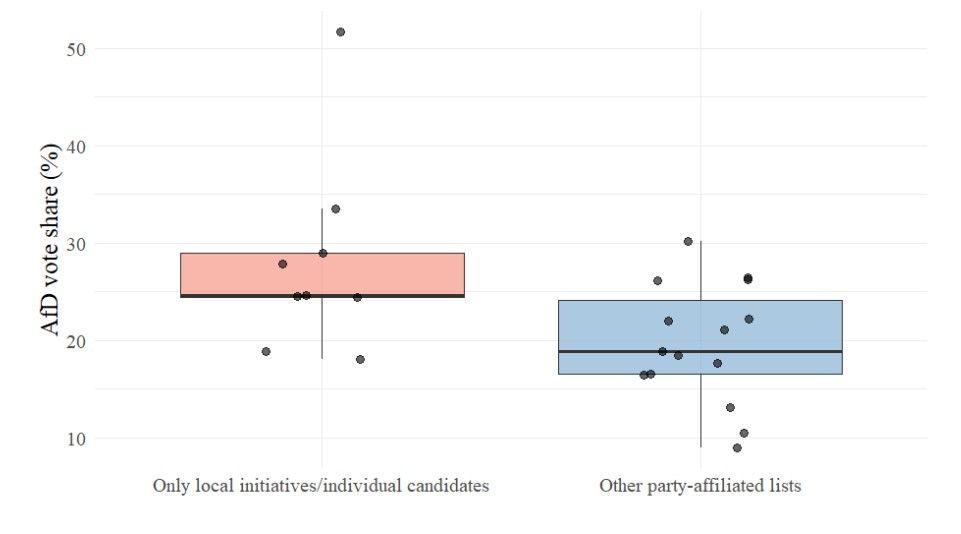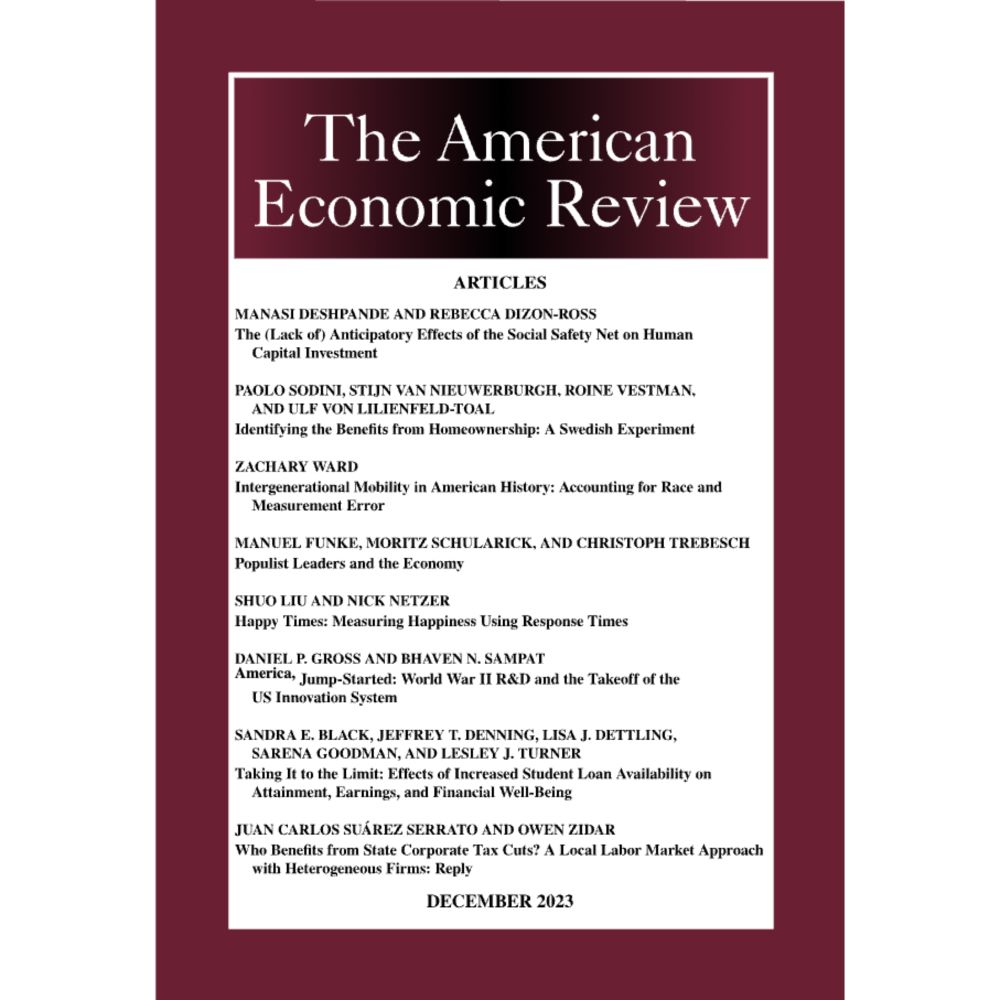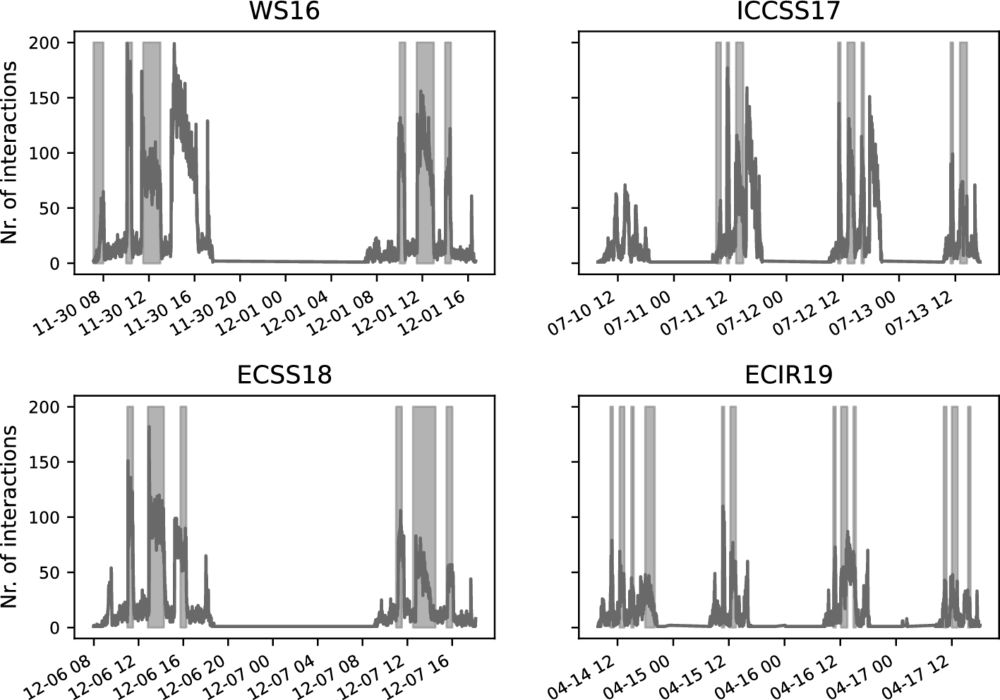
Poster for the “Sociological Ash Wednesday” event at the University of Cologne on 18 February 2026, 16:00–18:00, in lecture hall A2, with a background photo of the Cologne skyline and cathedral at sunset over the Rhine. Large white text announces the title “SOZIOLOGISCHER ASCHERMITTWOCH”, with green banner slogans reading “Universitäre Diskursräume” and “Zwischen Freiheit und Beschränkung”. The lower left lists a panel discussion with Claudia Diehl (Konstanz), Naika Foroutan (Berlin), Markus Ogorek (Köln), Uwe Schimank (Bremen) and Richard Traunmüller (Mannheim), moderated by Jan‑Martin Wiarda, and organisation credit to Clemens Kroneberg with a website link. The logos of the University of Cologne, the Adenauer School of Government and the WiSo Faculty’s 125‑year anniversary (1901–2026) appear at the top and bottom of the poster.
Cologne sociologist Clemens Kroneberg invites to the Sociological Ash Wednesday on 18 February at the University of Cologne.
This year’s high-calibre panel discussion focuses on how to deal with academic freedom and diversity of perspectives in universities and academic world.
bit.ly/soziologisch...
16.01.2026 18:48 — 👍 22 🔁 15 💬 2 📌 1

AI presents a fundamental threat to our ability to use polls to assess public opinion. Bad actors who are able to infiltrate panels can flip close election polls for less than the cost of a Starbucks coffee. Models will also infer and confirm hypotheses in experiments. Current quality checks fail
18.11.2025 21:23 — 👍 197 🔁 86 💬 4 📌 24

“These findings provide clear evidence that data collected on MTurk simply cannot be trusted.”
08.01.2026 20:46 — 👍 292 🔁 108 💬 11 📌 22

Screenshot of the cevianlabs.io website. Banner says "Accelerating Academic Hiring", followed by The Cevian Advantage, Cevian Labs provides advanced tools to faculty and administrators to make better decisions, faster. Founded by faculty who spent years wishing for a way to automate the tedious parts of faculty hiring (summarizing CVs, tracking publications, synthesizing candidate information) and finally just built the solution we always needed. Our secure platform automates manual error-prone processes to deliver...
Super excited to announce a new venture, with @danlarremore.bsky.social : Cevian Labs cevianlabs.io provides advanced tools to accelerate faculty work in academia. Our first product CVParsa helps faculty search committees process huge piles of CVs, so they can spend more time evaluating candidates
04.12.2025 20:27 — 👍 18 🔁 4 💬 2 📌 0

IC2S2 2026 registration is open!
Explore the 2026 conference here ➡️ ic2s2-2026.org
✔️ Submissions open December 15th
✔️ Keynotes will be announced between now and February
✔️ Full program of selected talks and tutorials will be available in late April
01.12.2025 21:40 — 👍 26 🔁 19 💬 0 📌 3


Out now! Sociology in the Weimar Republic. 2 Volumes 🥳🤓 some of the structural problems and crises of Weimar society are very similar today, so that the earlier sociological analyses of these problems still remain relevant…
01.12.2025 21:59 — 👍 16 🔁 8 💬 0 📌 0

An Audit of Social Science Survey Experiments
Abstract. Survey experiments have become a popular methodology for causal inference across the social sciences. We study the efficacy of survey experiment
Needed - larger samples, more realism about (the lack of) heterogeneous treatment effects:
-"less than a third of proposed hypotheses were supported... the largest predictor of positive exp. results was sample size"
-"moderation hypotheses were rarely significant"
academic.oup.com/poq/advance-...
30.11.2025 15:16 — 👍 83 🔁 36 💬 4 📌 3

Now available online and open access! The results of our adversarial collaboration on:
Students’ motives for restricting academic freedom: Viewpoint discrimination and prosocial concerns | PNAS
@pnas.org
@nilsweidmann.bsky.social
@kunkakom.bsky.social
@drfell.bsky.social
20.11.2025 17:11 — 👍 18 🔁 10 💬 1 📌 3

Returning to the Venice Workshop of Analytical Sociology this week meant a lot to me--smart talks, kind people, and lots of cool ideas. Shout out to the lovely community on Bluesky @kauspurg.bsky.social @marklutter345.bsky.social @verenaseibel.bsky.social @sawalzenbach.bsky.social ...
20.11.2025 15:15 — 👍 15 🔁 5 💬 1 📌 0
Cool, thanks!!
06.11.2025 23:24 — 👍 0 🔁 0 💬 0 📌 0
Interesting, do you have a paper on this?
06.11.2025 19:59 — 👍 1 🔁 0 💬 2 📌 0

Screenshot der Website hinter dem Link: Cover und bibliografische Informationen zum rezensierten Buch.
Universitäten stehen heute in einem intensivierten Wettbewerb um Exzellenz. Richard Münch analysiert, wie der „akademische Kapitalismus“ Forschung, Wissen und institutionelle Dynamiken beeinflusst. @hartmutesser.bsky.social hat „Wissenschaft im Wettbewerb“ gelesen:
www.soziopolis.de/wider-die-ve...
06.11.2025 08:32 — 👍 6 🔁 3 💬 0 📌 3

Two AI generated images showing 1) a boy walking through a disorderly neighbourhood with graffiti and trash and 2) a boy walking through a very similar but cleaned up neighbourhood without trash ad graffiti.
Can AI-generated images work as visual vignettes in survey experiments? I argue yes - and discuss how . in my new @sscratsage.bsky.social paper: doi.org/10.1177/0894...
04.11.2025 11:07 — 👍 33 🔁 11 💬 0 📌 4


📊 now in English @fesonline.bsky.social:
Gender gap in voting behavior in Germany📊
It's about the “big picture” since 1953 & current trends 2021-2025.
The gender gap keeps growing, especially among the young.
-> Longer trends are continuing & partly accelerating.
library.fes.de/pdf-files/a-...
03.11.2025 16:39 — 👍 118 🔁 48 💬 4 📌 4

Studying social sciences & humanities makes students more left-leaning, controlling for initial views & major preference, driven by cultural views. Implies that if all students majored in business, college–noncollege ideological gap would shrink by 1/3
papers.ssrn.com/sol3/papers....
01.11.2025 13:48 — 👍 47 🔁 20 💬 7 📌 6
Apply - Interfolio
{{$ctrl.$state.data.pageTitle}} - Apply - Interfolio
NYU Abu Dhabi is recruiting a 3-year Postdoctoral Associate for a Computational Social Science project on the coevolution of ingroup bias and group boundaries.
For more details and to apply, please visit: apply.interfolio.com/173544.
24.10.2025 10:09 — 👍 4 🔁 3 💬 0 📌 0
Stellenausschreibung für 1 Research Assistant (postdoc) (m/f/d) Vollzeitbeschäftigung befristet auf 3 Jahre
💼🔎 We are looking for a post-doctoral researcher (100%) to participate in a project funded by the German Research Foundation (DFG) and the Israeli Science Foundation (ISF).
Find all information about the job posting here:
www.polsoz.fu-berlin.de/soziologie/a...
24.10.2025 10:11 — 👍 5 🔁 7 💬 0 📌 0
Assistant or Associate Professor in Computational Sociology at CREST in Paris
The position is open to computational sociologists regardless of their research area. Deadline for applications: January 31, 2026. All details here: www.shorturl.at/E57le
24.10.2025 10:04 — 👍 5 🔁 9 💬 0 📌 0
Analyzing 1M Spotify users, we show how “wide social influence” exposes people to content beyond their usual repertoires—decoupling collective outcomes from initial preferences. The key: partial taste overlap between senders and receivers. Too little similarity, no influence; too much, no novelty.
24.10.2025 15:00 — 👍 5 🔁 1 💬 1 📌 0
...and not way earlier?
17.10.2025 19:55 — 👍 1 🔁 0 💬 1 📌 0
Interesting, but what is the explanatory mechanism here? If the reasons for the far right shiftgo that far back, why did the shift happened more or less recently?
17.10.2025 19:54 — 👍 4 🔁 0 💬 2 📌 0

This paper by @savolainen.bsky.social is very interesting!
link.springer.com/article/10.1...
27.08.2025 07:46 — 👍 12 🔁 1 💬 4 📌 7

New article in @socresonline.bsky.social ⤵️
"Cultural Omnivorousness in the Domains of Music, Film and Literature"
Findings suggest partial overlap across cultural domains.
🔓 Read it here: doi.org/10.1177/1360...
#OpenAccess #CulturalSociology
17.08.2025 08:10 — 👍 9 🔁 2 💬 0 📌 0
Sociologist studying work, inequality, and organizations
@forum-midem.bsky.social
@tudresden.bsky.social
culture and computational social science
finding my footing in political polarization research
The Quarterly Journal of Economics is the oldest professional journal of Economics in the English language. Edited by the Department of Economics at Harvard.
PhD Student in Social Data Science at University of Mannheim | LLMs and Surveys | georgahnert.de
The 12th International Conference on Computational Social Science (IC2S2) will be held in Burlington, Vermont July 28-31 2026
Website: https://ic2s2-2026.org/
Assistant Professor at Utrecht University. Interested in educational inequality, social networks, ethnic inequality + discrimination, and cohesion.
https://www.uu.nl/staff/GLorenz
Assoc. Prof @LeedsUniMedia, Interim Prof @unihamburg, working dad, metalhead, coffee lover, reluctant social media user.
PostDoc, Economics Institute, University of Bamberg. Interested in all things distribution & networks. Dad of three. He/him.
Postdoctoral Researcher @MZESUniMannheim Interested in Migration | Quant. Methods, Fieldwork, Experiments
Estudiante de Sociología y Ciencias Políticas en la Universidad Carlos III de Madrid.
Assistant Professor, Utrecht University. Interested in migrants' perception and knowledge of the welfare state and the role of social networks.
Member of Utrecht Young Academy
www.verenaseibel.com
Postdoc @uni-konstanz.de / previously @usociety.bsky.social. Interested in survey methods and data science, experiments, environmental sociology and polarization.
Professor of Sociology, European University Institute | Sociologist interested in bias, stereotyping and discrimination.
Moved emotionally by Statistics - 24 HRs. Statistical Services:
Lecturer of Statistics @UniLeipzig, Crowd Counter, Former Theoretical Physicist
Sociologist. Post-Doctoral Researcher @mpifg.bsky.social. Labour, culture & elites. Ethnographer of butlers.
MSc Political Science, Universität Bern
NO KINGS. NO FASCISTS. FUND SCIENCE.
Professor of Computer Science @ BioFrontiers Institute at University of Colorado, Boulder and External Faculty @ Santa Fe Institute
orcid: https://orcid.org/0000-0002-3529-8746
Associate professor, Department of Business and Management // fellow Danish Institute for Advanced Study & Digital Democracy Center, University of Southern Denmark
Assistant Professor at the Institute for Analytical Sociology, Linköping University
> Social networks and collective behavior
> AS ∩ CSS
https://martin-arvidsson.github.io
























